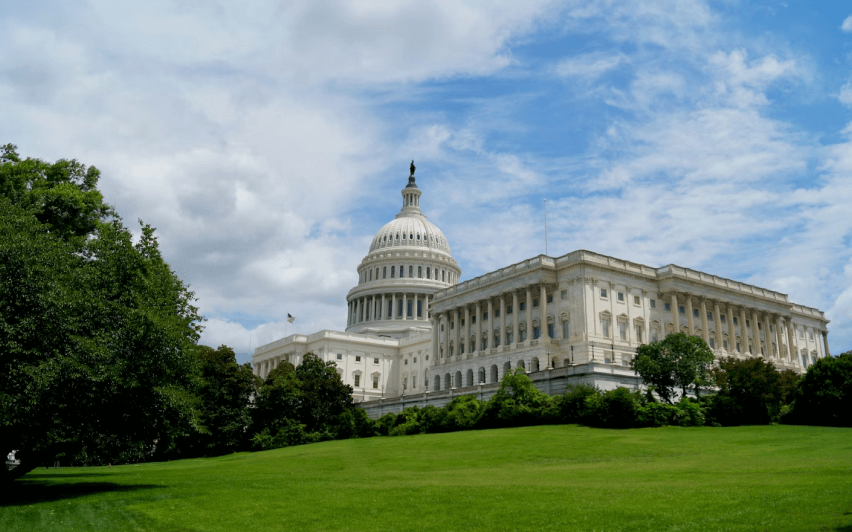2025 Budget Reconciliation Bill
UPDATED JULY 7, 2025 | Budget Reconciliation Bill - “One Big Beautiful Bill Act”
Dear IPA Members,
Today, we celebrate the most significant legislative victory for philanthropy in more than a decade.
After weeks of tireless advocacy, coalition-building, op-eds, phone calls, Zoom meetings, sign-on letters, and countless quiet conversations behind the scenes, Congress has passed a final reconciliation bill that better reflects your voices, your stewardship, and your impact.
This was a hard fight, and we came out ahead. Thanks to your resolve and leadership, and with a coordinated push from IPA and philanthropy partners across the country, the final bill includes several major victories:
- The harmful tiered excise tax increase on private foundation investment income was removed, protecting billions in charitable dollars that would otherwise have been redirected to the federal government.
- A powerful and permanent universal charitable deduction is now law, providing $1,000 for individuals and $2,000 for joint filers. This is a game-changer for encouraging grassroots giving.
- The so-called “parking tax” and other Unrelated Business Income Tax expansions were eliminated, saving the sector from needless red tape and preserving precious unrestricted dollars for programming and innovation.
- The provision allowing the federal government to revoke nonprofit status without due process was removed, safeguarding nonprofit independence and public trust.
One concern remains: the 1% AGI floor on corporate charitable giving stayed in the final bill. This provision may discourage support from businesses and adds new complexity to longstanding community partnerships. We will continue monitoring its effects and sharing your feedback with lawmakers. Like the return of the permanent universal charitable deduction, it may take years of advocacy to find success, but IPA will not relent in our efforts to remove this harmful provision.
We also know that other parts of this legislation, such as changes to Medicaid and SNAP, must be monitored to understand their effects on the communities we serve and to inform any appropriate response.
This win was only possible because we moved as a network. From rural towns to city centers, you brought real stories and real solutions to lawmakers in a way that no national campaign could replicate. And when the time came to step up, you did it again and again.
This outcome reflects what’s possible when philanthropy stands united. National partners turned to IPA, not just because we’re Senator Young’s constituents, but because of the trusted relationships, policy skill, and strategic perspective our network offers. Senator Young’s early and sustained leadership gave philanthropy a powerful advocate when it mattered most. Behind the scenes, IPA quietly supported peer organizations in key states, helped refine national messaging, and filled critical gaps. With decades of policy experience on staff and the strength of Indiana’s philanthropic community behind us, we worked to ensure your voice and your impact shaped the final outcome.
The lesson is clear: Together, we are powerful.
This moment is proof of what philanthropy can achieve when it speaks with one voice, grounded in community. It’s also a reminder of why IPA exists. And why your engagement with us matters. Through every twist and turn, we’ve been proud to be your strategic partner in this fight. This was a win for all of us, and it happened because of your commitment.
Thank you for standing strong. Let’s take a moment to celebrate. And let’s carry this momentum forward—together.
Claudia Cummings
President & CEO
Indiana Philanthropy Alliance
This Moment Belongs to You
All funders, including private foundations, are legally permitted to engage in advocacy on this tax issue under the "self-defense" exception. The foundation tax provision directly affect foundations' ability to fulfill their charitable purposes, making this a permissible lobbying activity.
We know your time and resources are limited—that’s why we've created tools and templates to help you take action quickly. Every call, click, and signature strengthens our collective message. These harmful provisions must be stopped, and it won’t happen without you.
United in action,
Claudia Cummings
President & CEO
Indiana Philanthropy Alliance


